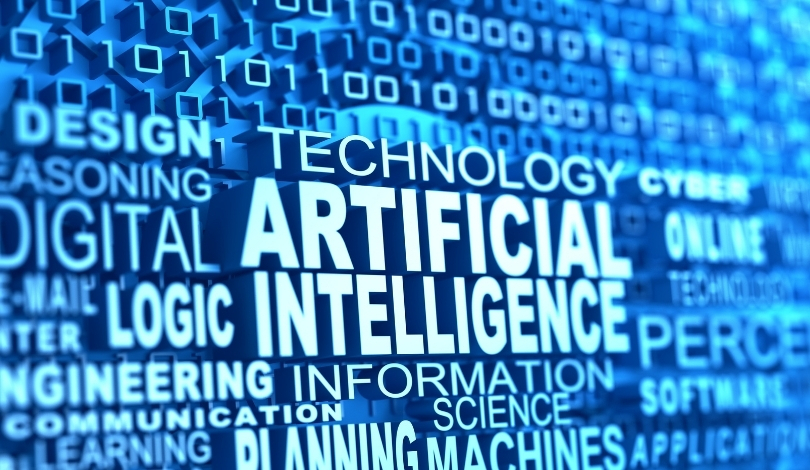In a detailed exploration titled “Artificial intelligence driving perception, cognition, decision‐making and deduction in energy systems: State‐of‐the‐art and potential directions” published by Energy Internet, the paper delves into the critical role of AI in managing modern energy systems. The integration of AI technologies, including deep learning and reinforcement learning, has the potential to significantly enhance energy consumption predictions and overall grid operations. This examination also highlights the need for overcoming existing challenges to ensure the robustness and effectiveness of AI applications in real-world energy management.
Smart Grid Technology and AI Algorithms
The modern energy landscape is increasingly complex, requiring sophisticated management of various power sources and fluctuating demands. Smart grid technology, bolstered by advanced AI algorithms, stands at the forefront of this effort. Techniques such as deep learning, reinforcement learning, and large language model technologies are being or could be employed to predict energy consumption patterns more accurately. These advancements can lead to optimized grid operations and more efficient management of distributed energy resources.
Challenges and Potential Research Directions
Despite the promising capabilities of AI in energy systems, there are significant challenges that need addressing. Issues such as efficiency, interpretability, transferability, stability, economy, and robustness present hurdles to the widespread adoption of AI technologies. To tackle these challenges, the article suggests several future research directions: generating reasonable samples, training models with small datasets, enhancing transfer abilities, integrating physics models, employing collective generative pre-trained transformer agents, utilizing multiple foundational models, and improving system robustness.
Historically, other articles have discussed the potential of AI in energy management, primarily focusing on its predictive capabilities. However, earlier reports often overlooked the comprehensive suite of challenges and did not offer such detailed potential research directions. Comparing these insights reveals a more nuanced understanding of the necessary steps to advance AI applications effectively.
Contrasting past research, which mainly highlighted AI’s theoretical benefits, this article provides a practical roadmap for addressing real-world implementation challenges. The emphasis on integrating AI with physics models and utilizing small dataset training represents a significant shift towards more feasible and scalable solutions for enhancing the energy grid’s resilience and efficiency.
Advancing AI in energy systems requires a balanced approach that addresses both technological advancements and practical implementation issues. By focusing on generating reasonable samples and improving model robustness, researchers can make AI technologies more applicable to engineering practices. Additionally, integrating physics models and fostering the transferability of AI solutions will further bridge the gap between theoretical potential and practical utility, ensuring that energy systems can meet dynamic demands more effectively.










